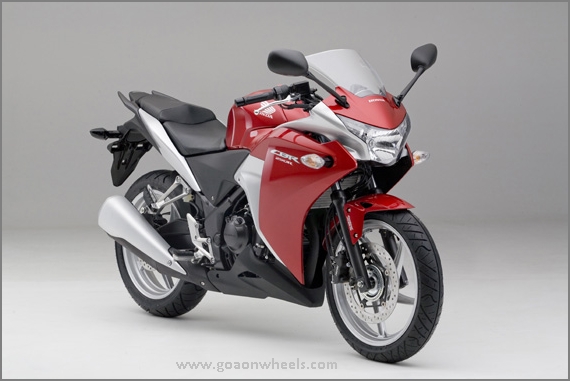
Honda Motor’s small car is likely to hit the Indian market earlier than expected. The new car (code named 2CV) being developed especially for India may be launched before 2011-12 to take on Toyota and break Suzuki’s stronghold on the Indian market.
Toyota plans to launch its small car next year, while Suzuki with its seven compact models dominates the Indian small car segment with over 60% market share. Honda doesn’t have a small car in its portfolio and has been looking at new models to gain market share in India.
The 2CV may come with a 1.1 litre petrol engine and could double Honda’s volumes in India, currently hovering around 52,000 cars per year. The car is expected to roll out from its stalled manufacturing plant in Rajasthan, where Honda plans to have targeted capacity of one lakh small cars per annum.
The company refused to confirm the developments on the new car and said that nothing has changed from its earlier stated position. “All plans of the new small car are going as per schedule,” the Honda spokeswomen said. An executive in the automotive component industry said that Honda’s small car project is on track and it may also have a diesel variant at a later stage to gain on the rising popularity of diesel cars in India.
The car will be pitted against the growing tribe of premium hatchback cars like the Maruti Swift, Hyundai i10, General Motors Aveo UV-A, Tata Motors’ Indica, Fiat’s Punto, Ford Figo and Toyota’s yet to be launched small car. This is the fastest growing segment in the domestic market with over 2.5 lakh cars sold every year.
The new car will be much smaller than Honda Jazz, its other hatchback, but is expected to have an affordable price tag of Rs. 4-4.5 lakh for the petrol variant. It may share platform (common manufacturing line and spares) with the Jazz including the same iV-TEC engine technology, but will fit as a small entry-level A segment car.
The same car will also be made in Thailand where it is expected to be developed and sold under the Thai government’s Eco-Car project, which enjoys many tax concessions. However any such eco-variant is ruled out for the Indian market for the time being.
Source: Economic Times


